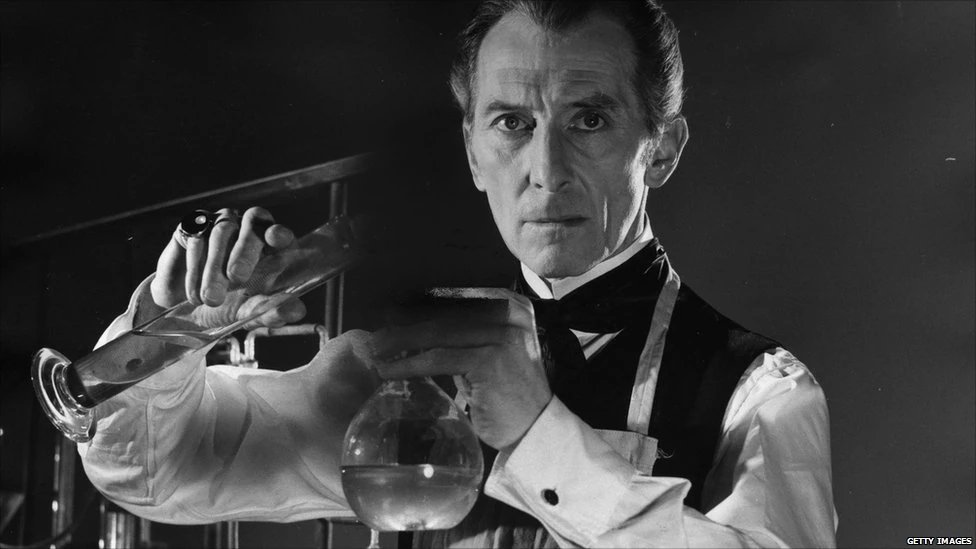In the novel Gulliver's Travels, by Jonathan Swift, Swift has Gulliver discover a unique society that is similar to a miniature version of the real world. This particular society calls themselves the Lilliputians. As Gulliver passes time in this bizarre world he finds out that the people that become officials in the government are chosen based on their ability to dance on rope. At first, I just assumed it to be a weird custom that the Lilliputians followed, and I was interested in their other customs. However, my curiosity about the rope dancing kept bothering me. As I was thinking about that some more, I soon came to realize that this was the only real qualification that a person in their society must have to become a government official. This makes absolutely no sense because these people aren't tested for their ability to actually run a government, but only for a trait that has almost no relation to their job. They even test current officials by making them dance on rope again to prove that they are still "qualified" for the job. Swift uses this irrational qualification to satirize the government of the real world, specifically England. He characterizes politics in general as faulty and ineffective since the most qualified people to run a government aren't necessarily chosen and only the people who, in this case, are good at impressing others are chosen. I found this satirization really interesting because Swift never explicitly says how ridiculous this qualification is and the fact that this can be easily related to today's world.
"Curiosity is the key to excellence"
Sunday, November 27, 2016
Sunday, November 13, 2016
How Did Frankenstein Not Predict Elizabeth's Death?

After Frankenstein leaves his home, he learns from his professors about science and eventually his curiosity becomes so great that his they can't help him anymore. Frankenstein continues to fuel his curiosity for science by furthering his knowledge by himself and he ends up creating life, proving his brilliance. However, somehow Frankenstein is still not able to find out that Elizabeth was going to be murdered by his monster. His monster promises Frankenstein that the creature will be there for Frankenstein's wedding day. For months, Frankenstein believes that the creature will try to murder him and doesn't consider any other options. When the day finally arrives, Frankenstein obliviously leaves Elizabeth alone and the creature kills her. It is very intriguing that an intelligent man like Frankenstein was not able to predict this. All the creature wanted to do, after Frankenstein ruins the creation of his female companion, is to make Frankenstein's life miserable. If the creature was just going to kill Frankenstein, Frankenstein wouldn't be able to feel sadness the creature feels. By murdering Elizabeth, the creature does exactly what Frankenstein did to the creature. He is able to make Frankenstein overcome with anguish just like how the creature felt when Frankenstein took away the creature's chance for love. The fact that a man like Frankenstein wasn't able to figure this out is very perplexing. The creature even murders Frankenstein's good friend before to make Frankenstein guilty and to lose a companionship. The creature's goal to make Frankenstein experience the same pain that Frankenstein placed on the creature seems very obvious and the I find it very interesting on how an ingenious man like Frankenstein couldn't uncover this.
Subscribe to:
Comments (Atom)
